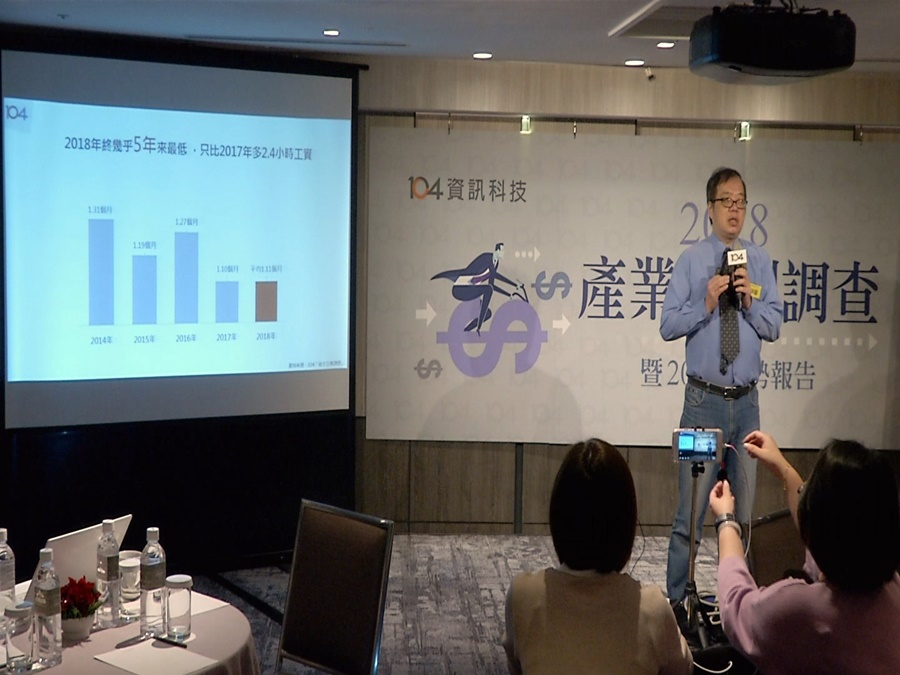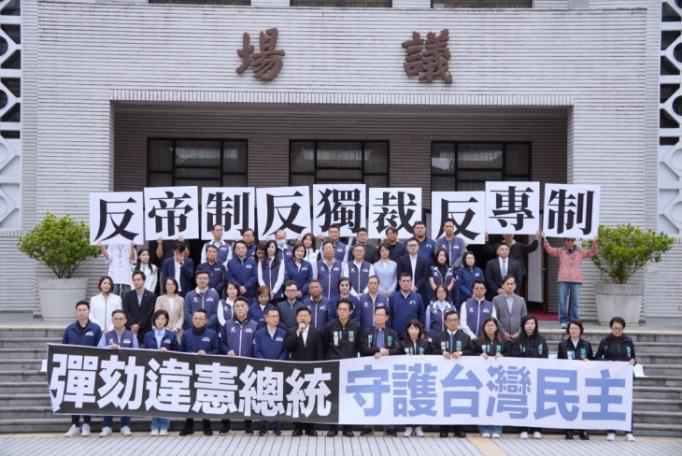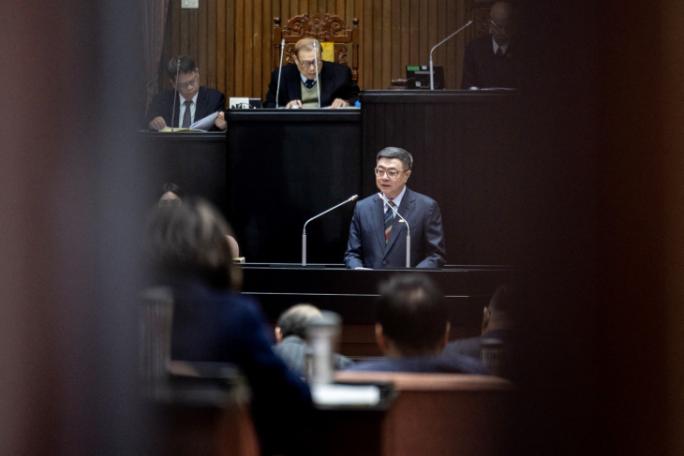Companies Handing Out Avg. Year-end Bonus of 1.11 Months' Wage|今年年終平均1.11月 金融業1.83月最多

發布時間:
更新時間:
It's almost time for year-end bonuses. According to a job bank survey, 93 percent of companies plan to hand out year-end bonuses this year worth an average of 1.11 months' wages. This is the second lowest in five years and only 2.4 hours higher than last year. The survey also revealed that 38.9 percent of companies plan to raise wages an average of 3.65 percent next year. This is also the second lowest in five years.
According to a 104 Job Bank survey, 93 percent of companies plan to distribute year-end bonuses this year worth an average of 1.11 months' wages. This is the second lowest bonus level in five years and only 0.1 month, or 2.4 hours, higher than last year. Of the companies planning to hand out year-end bonuses this year, 77.8 percent will distribute around the same bonus level as last year. At the same time, 11.2 percent will hand out an average of 0.56 months' wages more while 11.1 percent will hand out an average of 0.52 months' wages less. The finance industry has the highest average bonus of 1.83 months' wages, while the hospitality industry has the lowest average bonus.
(First of all,) companies are dealing with higher labor costs under "one-fixed, one-flex." Second, there has been a majority population in the service industry but the industry did not perform well this year compared to previous years.
As for wage adjustments next year, 38.9 percent said they plan to raise wages by an average of 3.65 percent. This was the second lowest in five years as well. The job bank says the chief considerations of companies in this area are overall company performance and employee retention.
(Companies are wondering) whether raw material prices keep climbing next year and how the U.S.- China trade war will affect exports. Also, will there be further revisions to domestic labor laws?
According to the survey, the three industries with the brightest prospects in 2019 are artificial intelligence, eldercare and the Internet of things. The job bank says Taiwan's integrated circuit industry has seen sustained improvement in recent years. Although this has created a labor shortage in the AI and big data industries, the future is bright for the new technology sector. In addition, the emergence of the "wanghong economy," or the social media influencer digital economy, will create labor demand in marketing and digital marketing.








